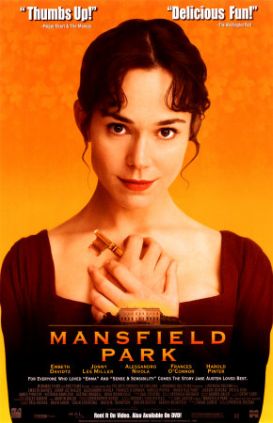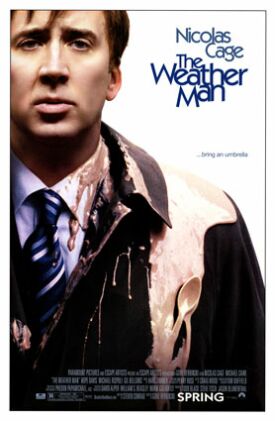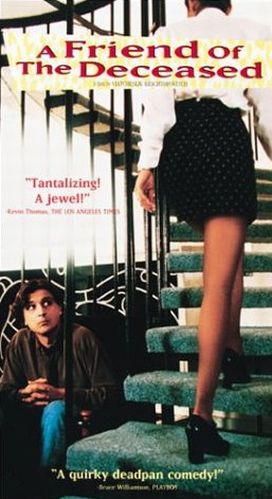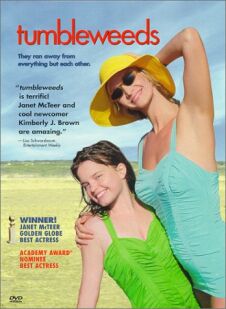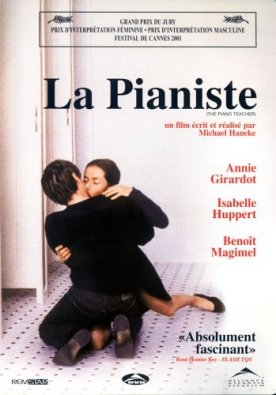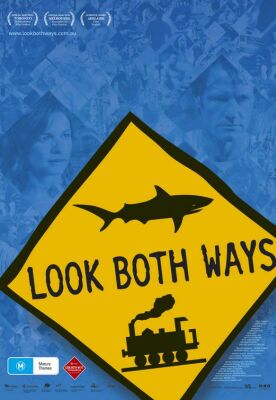Mansfield Park
Like Felicia’s Journey, Patricia Rozema’s adaptation of Jane Austen’s Mansfield Park is a film whose other virtues—in particular, the visual evocation of Regency England and the excellence of the performances of Frances O’Connor as the heroine, Fanny Price, Alessandro Nivola and Embeth Davidtz as the charming brother and sister, Henry and Mary Crawford, and Jonny Lee Miller as Edmund Bertram—only accentuate the flaws in the script. Also as in Felicia, the flaws are the result not of gross departures from either the letter or the spirit of the novel but from subtle distortions and changes of emphasis which coarsen and, in my view, destroy the subtlety and beauty of the original.
That Jane Austen was opposed to slavery on the British plantations of the West Indies seems to me entirely probable; that she may have dropped some hints to this effect in Mansfield Park is a literary judgment that I would have no quarrel with. But a contemporary adaptor of the novel must beware: opposition to slavery in the past which is based on our late-20th century temporal chauvinism is now so tinged with moral triumphalism that one’s touch must be extremely light if one is not to be guilty of Merchant-Ivoryism. That is the syndrome (I may have mentioned it before) in which representations of the past massively condescend to the “fools in old-style hats and coats” who preceded us on this earth save for one or two sympathetic representatives of our own era, inexplicably misplaced in time, whose progressive views are made to stand for the brighter future to come.
Patricia Rozema does not have a light touch. She makes Edmund’s older brother Tom (James Purefoy), who to Jane Austen is merely a rake and a wastrel, into a tortured liberal whose drinking and whoring and gambling are all a result of his bad conscience over the fact that his father’s wealth is built on slavery. Needless to say, Fanny and Edmund are also of his opinion, though their opposition to the agricultural practices of Sir Thomas Bertram (Harold Pinter) is more decorously expressed. As if this were not enough to cause a serious temporal dislocation, Ms Rozema also imports into the film a feminist protest against the subordination of women to their fathers and husbands which is much less likely to be a point of view to which Miss Austen would have felt sympathetically disposed.
The result is that the themes of the novel are obscured if not altogether eclipsed by these interlopers from 1999. It is not as if we are in any need of instruction that slavery was (and indeed still is) a terrible wrong or that women ought to be allowed to take responsibility for their own lives. Who is there left alive to make the case for such obvious injustices as these? Why must we so assiduously flog this dead horse just to squeeze out of the exercise a little moral self-congratulation? It is very curious. Meanwhile, the moral difficulties with which Jane Austen seriously grappled in the novel, in particular her uncompromising stand for a sincerity so pure that we should think it merely bizarre (participation in amateur drama is seen as a step on the slippery slope to moral debauchery), are quietly forgotten.
Ms Rozema is more successful at presenting to us another of the novel’s main themes, because in this case Jane Austen came down on our side, as it were. A poor girl of her time had to weigh her duty to her family to better herself by marriage, if she can, against her own heart and her inward prospects of happiness. In the end, Fanny and Miss Austen both come down in favor of individualism, just as we do. This allows Ms Rozema to present Fanny’s struggle with herself over the proposal of Henry Crawford movingly and almost persuasively. And yet, the general tone of self-congratulation and the fact that the film is more generally out of sympathy with the time that it represents helps to remind us how easy it is for us now to applaud Fanny’s decision to be true to her own heart. We think that we would have done the same. But to Jane Austen, as to Fanny and to the audience she created her for, the outcome would have been much more in doubt.
A better film would have given us more of a sense of this delicate moral equipoise, the truly agonizing dilemma represented by a seeming altruism that is really corrupt and a seeming selfishness that is really virtuous. This it was that once made the novel so compelling to its 19th century readers. Nowadays a girl would only have to consider competing sorts of selfishness, so it must be hard to recreate the moment of Fanny’s choice for us even so well as the film does. How boring, by contrast, to settle instead for an anti-slavery, pro-feminist tract. But I would not deny the contention that the scenes which immediately follow Henry Crawford’s proposal are gripping and well-acted and make the movie (just about) worth seeing.
Discover more from James Bowman
Subscribe to get the latest posts to your email.

